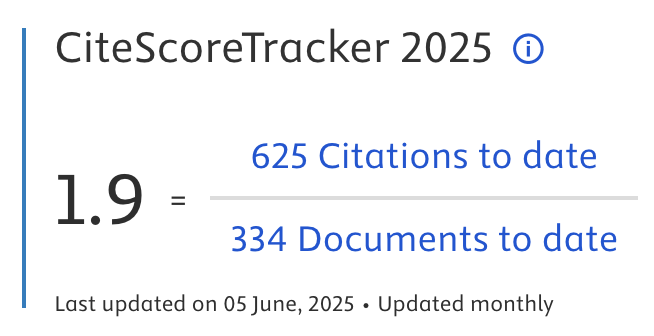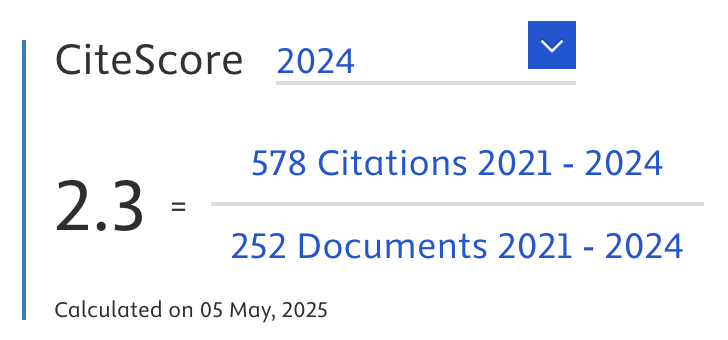Optimization of Recommender Systems for Image-Based Website Themes Using Transfer Learning
Abstract
Recommender systems play a crucial role in personalizing user experiences in e-commerce, digital media, and web design. However, traditional methods such as Collaborative Filtering and Content-Based Filtering struggle to account for visual preferences, limiting their effectiveness in domains were aesthetics influence decision-making, such as website theme recommendations. These systems face challenges such as data sparsity, cold-start problems, and an inability to capture intricate visual features. To address these limitations, this study integrates Convolutional Neural Networks (CNNs) with advanced recommendation models, including Inception V3, DeepStyle, and Visual Neural Personalized Ranking (VNPR), to enhance the accuracy and personalization of visually-aware recommender systems. A quantitative research approach was employed, using controlled experiments to evaluate different combinations of feature extractors and recommendation models. Data was sourced from ThemeForest, a widely used platform for website themes, and underwent preprocessing to ensure consistency. The models were evaluated using precision, recall, F1 score, Mean Average Precision (MAP), and Normalized Discounted Cumulative Gain (NDCG) to measure recommendation quality. The results indicate that Inception V3 + VNPR outperforms other model combinations, achieving the highest accuracy in personalized theme recommendations. The integration of transfer learning further improved feature extraction and performance, even with limited training data. These findings underscore the importance of combining deep learning-based feature extraction with recommendation models to improve visually-driven recommendations. This study provides a comparative analysis of CNN-based recommender systems and contributes insights for optimizing recommendations in visually complex domains. Despite improvements, challenges such as dataset diversity remain a limitation, affecting generalizability. Future research could explore alternative CNN architectures, such as ResNet and DenseNet, and incorporate user feedback mechanisms to further enhance recommendation accuracy and adaptability.
Article Metrics
Abstract: 111 Viewers PDF: 59 ViewersKeywords
Alexnet; Inception V3; Recommender System; VNPR; Deepstyle
Full Text:
PDF
DOI:
https://doi.org/10.47738/jads.v6i2.671
Citation Analysis:
Refbacks
- There are currently no refbacks.

Journal of Applied Data Sciences
| ISSN | : | 2723-6471 (Online) |
| Collaborated with | : | Computer Science and Systems Information Technology, King Abdulaziz University, Kingdom of Saudi Arabia. |
| Publisher | : | Bright Publisher |
| Website | : | http://bright-journal.org/JADS |
| : | taqwa@amikompurwokerto.ac.id (principal contact) | |
| support@bright-journal.org (technical issues) |
 This work is licensed under a Creative Commons Attribution-ShareAlike 4.0
This work is licensed under a Creative Commons Attribution-ShareAlike 4.0





.png)